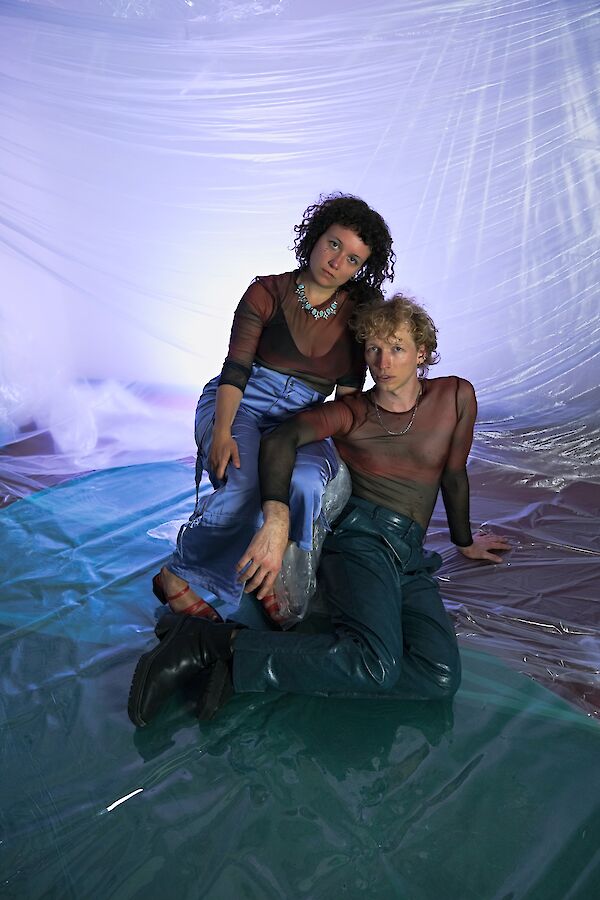Jacqueline McGlade A green economy within the limits of our planet
It’s not easy being green
Info and registration: http://www.MO.be/molezing
Our ecological footprint reaches far beyond what planet Earth can sustain, and if our Western model of consumption and production continues to inspire people from China to Brasil, we will soon need ten planets. Still, the official discourse at the Rio+20 Conference was all about growth. Green growth, admittedly, but growth all the same.
Jacqueline McGlade, professor and director of the European Environment Agency (EEA), is an authority in circles of European and global environmental policy-making. She is convinced that we need to take the real limits to growth into consideration. A green economy should be based, among other things, on green accounting: a systematic accounting of the use our lives and economies make of ecosystems and natural resources. The EEA, based in Copenhagen, maps the situation of the planet by satellite images and coninues measuring of the pressurethat our economic activities, growing urbanisation and climate change put on ecosystems.
Joachim Spangenberg, researcher at the Helmholtz Centre for Environmental Research UFZ in Halle (Germany) and vice-director of the Sustainable Europe Research Institute in Köln, is critical of the accounting logic, even when it is used to protect ecosystems and biodiversity: 'When everything is priced and we work on the basis that the market is the mechanism to solve our problems, you need to take that logic of market efficiency to its full consequences. The good part is it stimulates to use as little input as strictly necessary for any ecosystem-service. The other side of it is that it stimulates to use the rest of something alse that is "useful". But what then with the intrincic value of biodiversity or nature?"
Who is Jacqueline McGlade? Professor Jacqueline McGlade is prominent expert in environlental research and policy. Since 2003 she is director of the European Environment Agency (EEA) in Copenhagen. The agency, a driving force behind European Environmental policy-making, is essentially a giant database, mapping European landscapes and ecosystems. It documents changes in landscapes, air and water quality, use of public space, growing urbanisation and other demographic trends, etc. On the basis of these systematically organised data, the EEA advises national and Eruopean policy-makers. The EEA provides much of the information it collects available for the broader public. Dr. McGlade held teaching positions at different universities, wrote more than 200 academic papers, book and articles about marine sciences, ecosystems and natural resources, and has been awarded numerous prizes and honours for that work.
Who is Joachim Spangenberg? Dr Joachim Spangenberg is doctor in Economic Sciences, and he gruadated also in Ecology and Biology. Currently he is researcher at the department Community Ecology at the Helmholtz Centre for Environmental Research UFZ in Halle (Leipzig) , and he is vice-director at the Sustainable Europe Research Institute SERI in Köln. Before that he worked with the Wuppertal Institute and the Institute for European Environment Policy IEEP. Spangenberg is also part of an expert group on eco-efficiency and he is a member of the German Bureau for Statistics working on green accounting. He contributes to the IPCC reports and is member of the Ecosystem Management Commission of the International Union for the Conservation of Nature (IUCN). And he regularly fuctions as an expert for the European Commission, the European Environment Agency, and different UN institutions like UNDESA and UNCSD.
In English
Organisation: MO* in partnership with Vlaams-Nederlands Huis deBuren
Partners: Beursschouwburg, Kaaitheater and Vooruit; Natuurpunt, WWF, Bond Beter Leefmilieu, Centrum Voor Natuur- en milieu-educatie and Argus (environmental desk of KBC and Cera)











